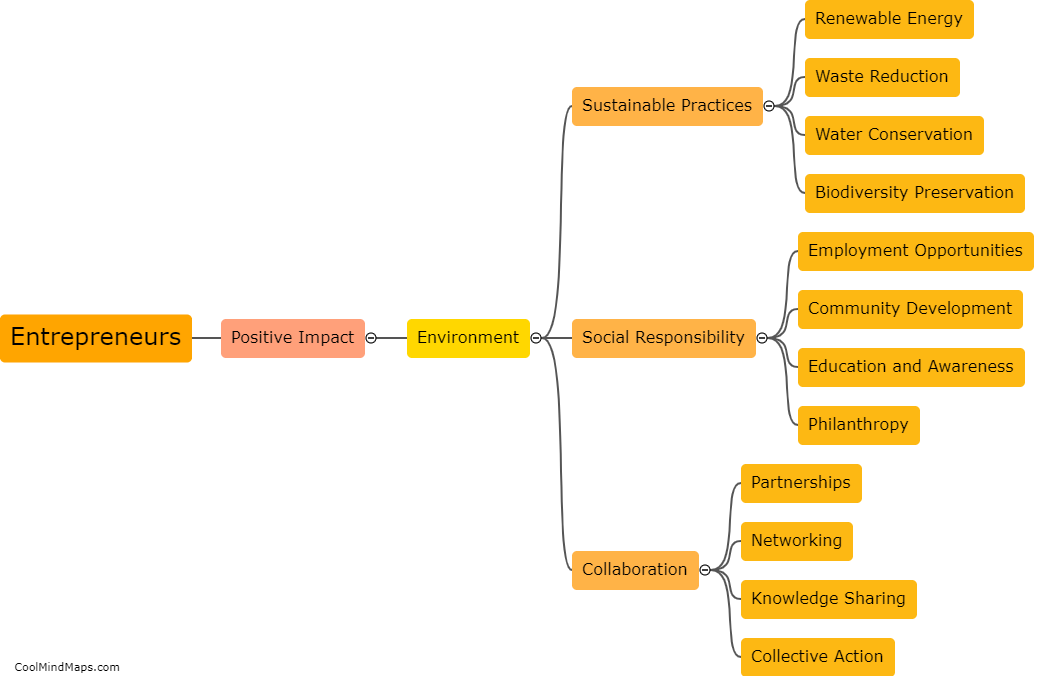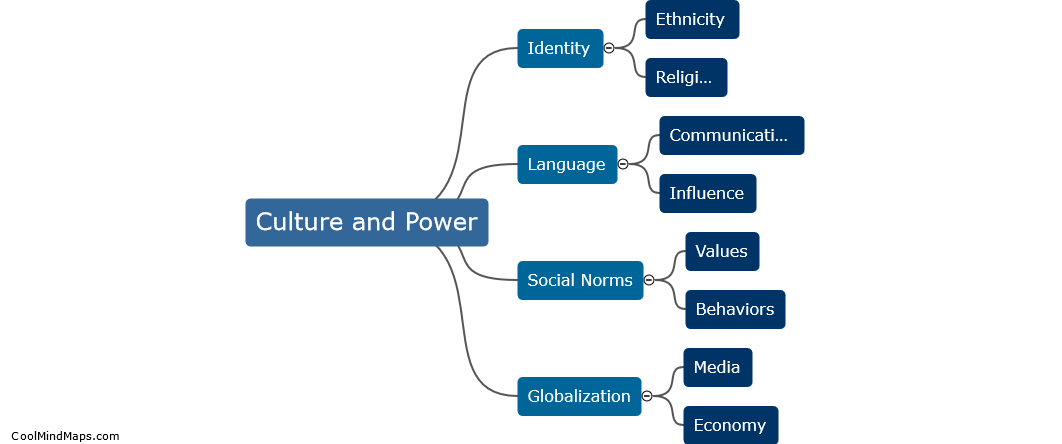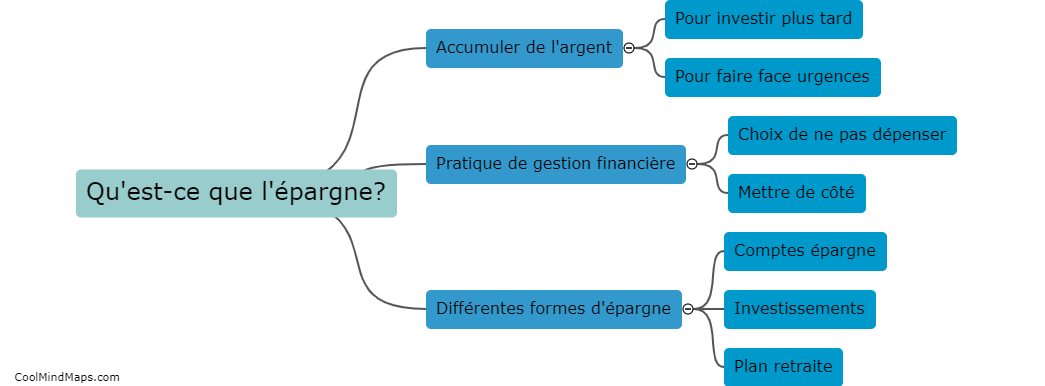What experiments helped develop cell theory?
Several key experiments contributed to the development of cell theory in biology. One of the most significant was conducted by Robert Hooke in 1665, who observed and described the structure of cork cells under a microscope. This laid the foundation for the idea that living organisms are composed of cells. Another pivotal experiment was performed by Matthias Schleiden and Theodor Schwann in the 1830s, who proposed that plants and animals are made up of cells, and that cells are the basic building blocks of life. The final piece of the puzzle came from Rudolf Virchow's work in the 1850s, where he stated that all cells come from pre-existing cells. Together, these experiments led to the development of cell theory, which remains a fundamental principle in the field of biology.

This mind map was published on 6 August 2024 and has been viewed 50 times.











